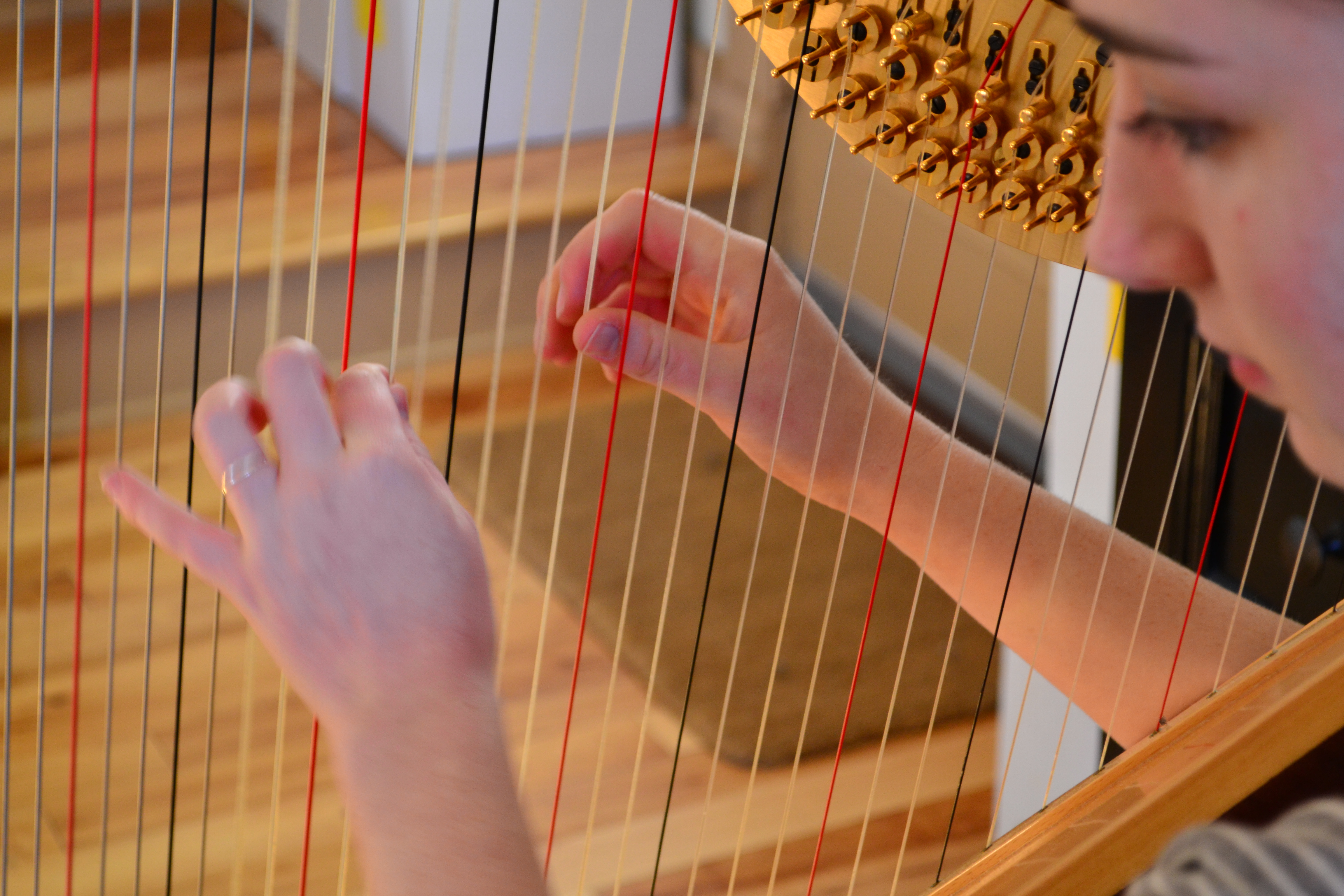Leigh Hunt was right when she said, “Music is the medicine of the breaking heart.” Music may be intangible, but its influence on human life can be seen everywhere around the world. Melodies and harmonies can have a significant impact on one’s heart and mind—with the right songs, it can captivate, unite, and heal.
The healing power of music is real! Depending on the style of music, it can have a particular effect on a person’s mood and help a person experience and process a range of emotions. However, music does more than incite emotions; it can also improve mental health and help those battling anxiety manage their condition.
What Is Music Therapy?
Music therapy is an approach that uses the abilities of music to improve someone’s mental well-being. With the mood-lifting properties of music, it can be an alternative to cognitive behavioral therapy, effectively calming anxiety.
By using a person’s responses and connections to music, music therapists can encourage positive changes in mood and overall mental mindset. This type of treatment can include creating music, listening to music, and even singing and moving to the beat.
Anyone can engage in music therapy. If you wish to learn how to relax your mind, then this could be beneficial for you. Of course, medications have been instrumental in the healing and management of depression and anxiety. However, music therapy may also offer benefits without being dependent on drugs.
Can Music Help With Your Anxiety Symptoms?
Everyone experiences anxiety at times. However, for people dealing with an anxiety disorder, their worry and fear about everyday situations are much more challenging to manage and live with. When an anxiety disorder isn’t treated, it could prevent a person from living fully and create relationships.
Although music therapy can’t completely heal a person from anxiety, it can help with symptoms. Since music has a strong and immediate influence on emotions, music therapy could improve emotional functions.
How Does Music Therapy Work?
Calm piano music isn’t used in music therapy just because it sounds nice—like anxiety medications, music therapy is backed by science and research. Music affects the brain in complex ways—all aspects of music, such as pitch, tempo, and melody, are processed by different parts of the mind.
When music enters the cerebrum in the brain, dopamine gets activated, making one feel upbeat. Music therapy can use these body reactions to regulate dopamine in the brain and treat certain mental conditions.
However, keep in mind that not all kinds of music can help you with your anxiety. Some studies suggest listening to classical music to lower the heart rate, ease stress, and lower blood pressure. When you’re feeling stressed or anxious, you can listen to calm piano music, cello music, and other similar songs.
Conclusion
Like how you listen to upbeat music to work out and slow music to fall asleep, calming music can help people with anxiety disorder. Never underestimate the power of music—the right approach can significantly impact one’s life and even improve their overall well-being. As long as you listen to the right music and apply the correct techniques, you can manage your symptoms and live your life!
If you’re looking for the perfect calm piano music or the most beautiful harp songs to help with your anxiety, we have just what you need! We at Prayer Pray have a vast library of songs with relaxing music and heavenly instrumentals. Our relaxing music can help heal your heart, body, and soul. Download our songs today!




